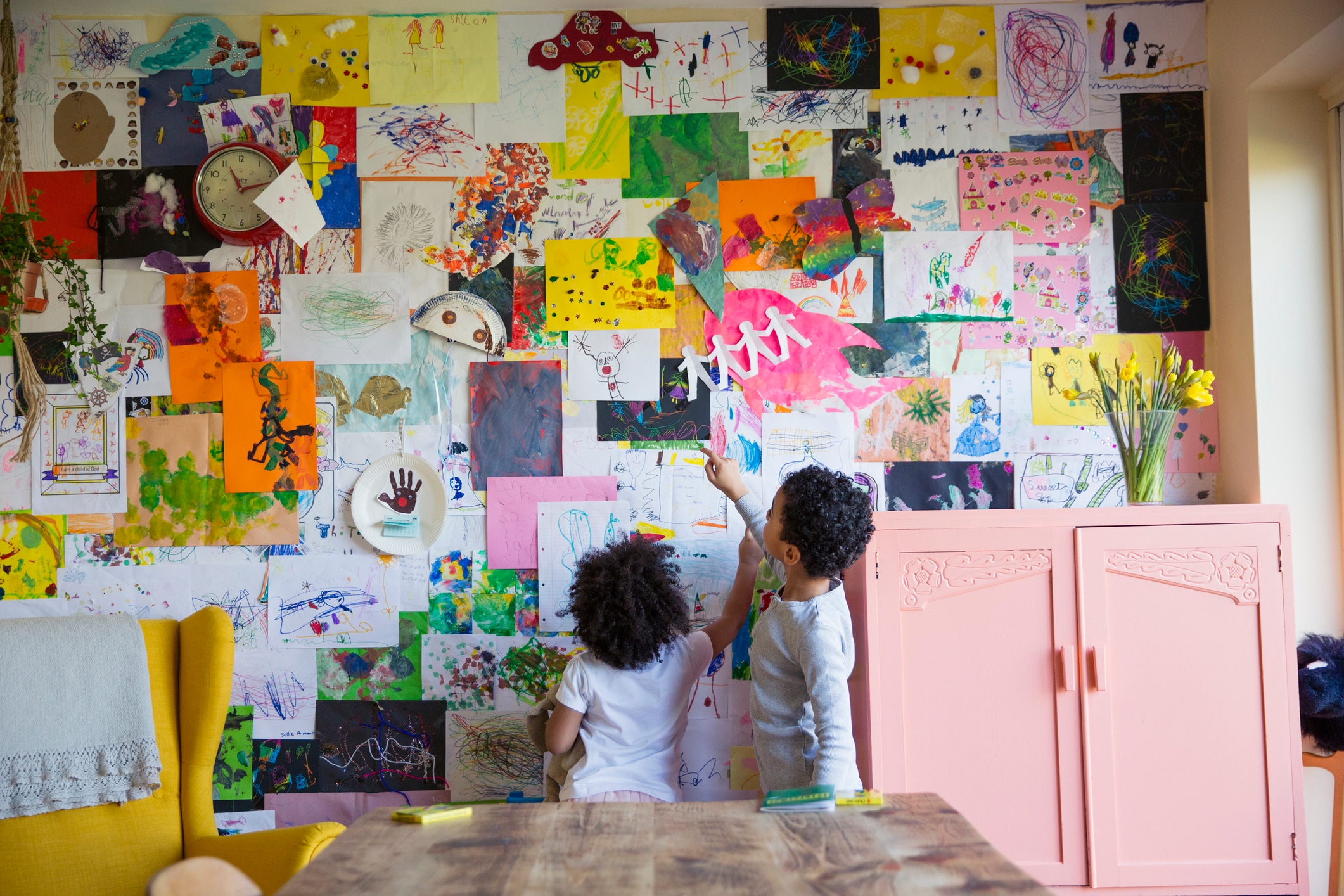You want to build your child’s problem-solving skills, but you aren’t sure how. Although talking about hypothetical problems may seem like the obvious choice, consider using a game instead.
“Games are fun and bring joy to the child and give them a sense of accomplishment,” says Barbie Gallini, who has over 20 years’ experience working with children and is the co-founder of Robots and Mud Pies Preschool. “Games also provide bonding time with parents, family and friends.”
Pre-K games that involve problem solving can bring you and your child together — if you give them a chance.
“Many parents shy away from problem-solving games,” says Darla Hutson, creator of The Preschool Toolbox blog and family child care owner with 34 years’ experience, “as they are not sure exactly how to play them or what kinds of games enhance critical thinking.”
If you’re looking for some great pre-K games and activities that will build your child’s problem-solving skills, look no further. Here are eight games that can bring them all those benefits and more:
1. Off the Ground
This game is perfect for a cluttered playroom or a small living room. Challenge preschoolers to work together to create a way to walk around the entire room without touching the ground. That might mean stretching from a chair onto a trampoline, then walking across a pool noodle to reach a small table. Encourage children to be creative, and then to try out their plans.
2. Treasure Hunt
Not only is a treasure hunt a great way to build problem-solving skills, it can also teach kids how to work together, an integral part of most preschool activities. Decide on 5 to 10 locations around the house and write out one clue to place at each location. Each clue should lead to the next clue. At the end of the clue trail, leave something exciting like a snack or the next fun activity.
3. Puzzles
Putting together a puzzle teaches preschoolers how to use trial and error, as well as fine motor skills and visual cues, to create the final picture. You can play a game with puzzles by challenging preschoolers to try to beat their best time to complete one. Alternatively, let preschoolers make their own puzzles out of crayons, paper and scissors. Then they can swap with a friend and race to see who can complete each other’s puzzle first.
4. Paper Airplane Race
Preschoolers can learn how to create a basic paper airplane with practice. You can challenge them to take it a step further, however, by asking them to create an airplane that can fly the farthest. They’ll need to use their problem-solving skills to figure out how each change slightly affects the way the plane flies.
5. Dotted Squares
This classic game is fun for preschoolers to play with each other or an adult. Make rows of dots — five dots in each of five rows, for starters — and then take turns drawing one line to connect the dots horizontally or vertically. Players who complete a box can write their initials in the box and take another turn. The goal is to claim as many boxes as possible.
6. Skyscraper
Does your preschooler love to build? If so, hold a contest to see who can build the tallest skyscraper in a given amount of time. You can use whatever building materials you have available — blocks, Legos or other building toys — but emphasize that the “skyscraper” needs to stand independently. Children will realize that they need to think before they begin in order to create a sturdy structure.
7. Engineering Games
Gallini has several engineering games on her preschool’s website that can be helpful for nannies or babysitters of preschoolers. For example, she suggests providing children with blocks, a piece of wood, balls and colored tape. Challenge students to use the blocks to build a ramp for the ball to roll down that will make the ball reach a given line of tape. Alternatively, you can challenge children to create a building using pipe cleaners. Can they make it stable enough to remain standing?
8. Commercial Games
While homemade games are always fun, many commercial games can teach problem-solving skills as well. Cooperative games, such as Max, Harvest Time or Richard Scarry’s Busytown, can teach kids to work together to solve problems.





